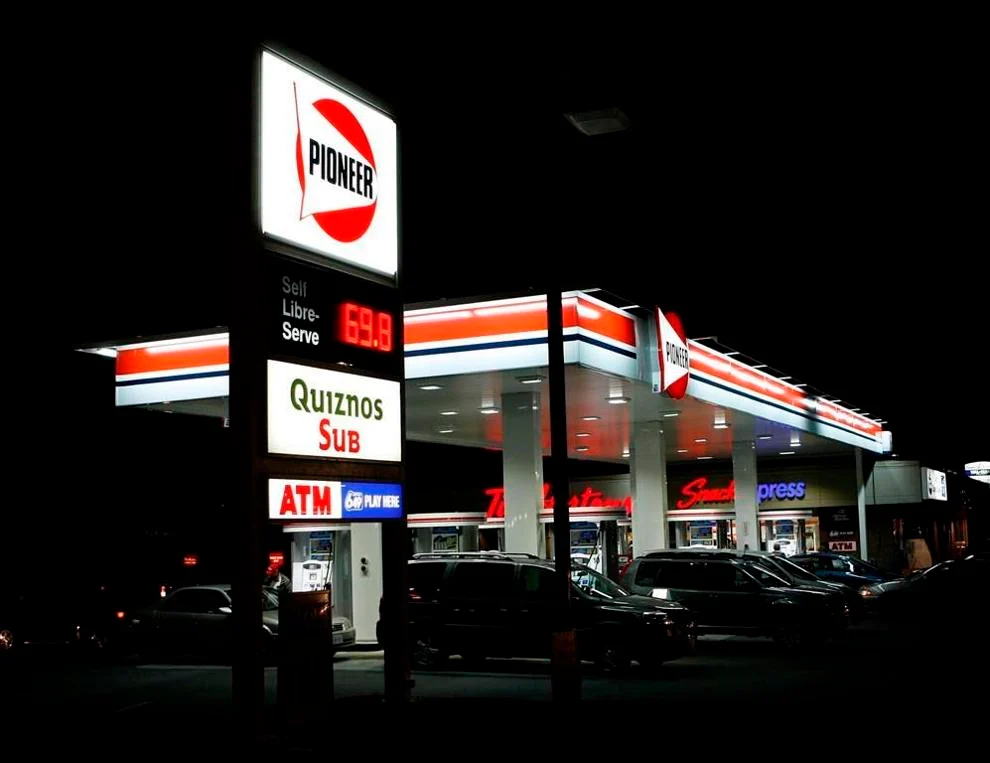
Drivers line up at a Pioneer gas station in Carleton Place, Ont., on Saturday, Nov. 8, 2008. THE CANADIAN PRESS/Sean Kilpatrick
Tensions persist at Parkland Corp. as the company rebuffs its largest shareholder's request to explore a potential sale. This development marks the latest chapter in the ongoing dispute between Parkland and Simpson Oil, which owns a significant portion of Parkland shares but no longer holds board seats following the resignation of two Simpson-nominated directors in December.
While Simpson Oil did not provide reasons for the directors' resignations at the time, the company recently urged Parkland's board to initiate a strategic review, including the possibility of transitioning ownership. In a statement, Simpson emphasized the importance of optimizing Parkland's operational and financial performance, expressing disappointment with the company's results relative to shareholder expectations.
Parkland swiftly responded, denouncing Simpson's call for a strategic review as an attempt to sidestep established corporate governance protocols without considering the interests of all shareholders. Parkland asserted that Simpson's actions violate the terms of a governance agreement signed in 2019, which aimed to prevent undue influence over Parkland's affairs.
Notably, Simpson Oil's previous ownership of Caribbean fuel retailer Sol and its subsequent investment in Parkland since 2017 add complexity to the situation. Simpson's demand for a strategic review represents the second instance in just over a year where a shareholder has publicly raised concerns about Parkland's direction. Last March, U.S.-based activist investor Engine Capital LP advocated for Parkland to divest non-core assets and focus solely on fuel and convenience retailing.
While Parkland dismissed Engine's suggestions regarding its Burnaby refinery, it did undertake other measures, such as initiating asset sales and board changes. CIBC Capital Markets analyst Kevin Chiang views Simpson Oil's recent call for a strategic review as indicative of a deadlock in discussions between Parkland and its largest shareholder. Chiang concurs with Simpson's assessment of Parkland's underperformance relative to the broader market in recent years and suggests that Simpson's more active involvement could benefit Parkland's share price.
Parkland's stock has experienced a decline since February, but it saw a notable uptick following news of the shareholder conflict. RBC Capital Markets analyst Luke Davis highlights the tension between Parkland and its largest shareholder as a contributing factor to the company's recent underperformance.
The standoff between Parkland and Simpson Oil underscores the challenges faced by companies navigating shareholder disputes and underscores the importance of effective governance structures in resolving such conflicts. The outcome of this conflict will likely have significant implications for Parkland's strategic direction and shareholder value moving forward.















